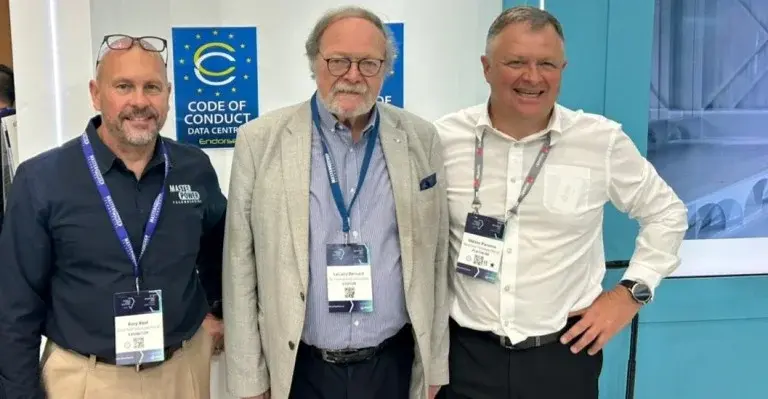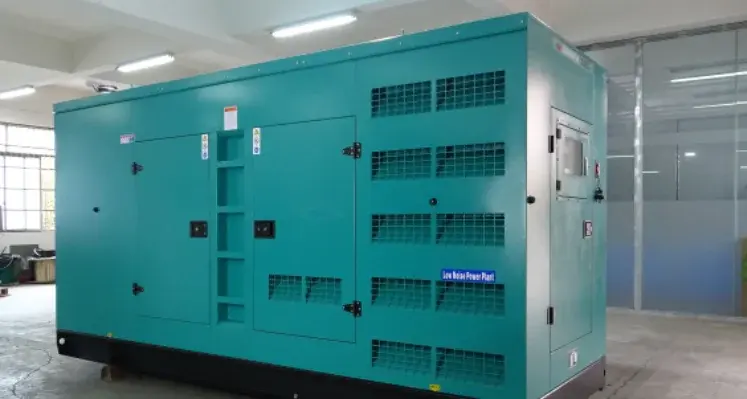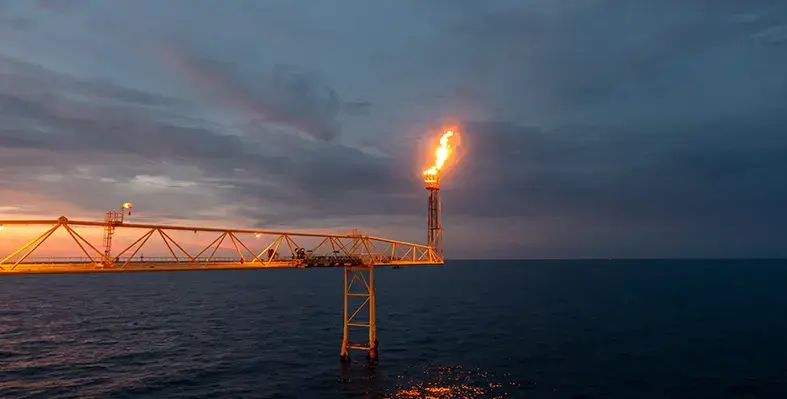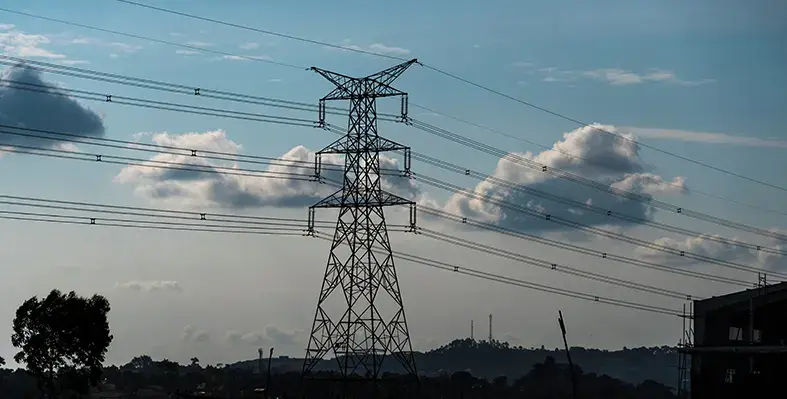Master Power Technologies (MPT), a leading African specialist in critical power and data centre infrastructure, has become the first company from Africa to receive official recognition as an Endorser of the European Code of Conduct for Energy Efficiency in Data Centres
This achievement places MPT among the continent’s top champions of sustainable data centre design. It also confirms the company’s commitment to meeting the highest international standards for energy efficiency and responsible power usage.
The certification was granted by the European Commission’s Joint Research Centre (JRC), which recognises organisations that design and support data centres according to stringent energy-management best practices. With this endorsement, MPT joins a select roster of global leaders, such as Microsoft, who have earned this distinction.
“This is a proud moment for Africa. We have always believed that African engineering can meet and exceed global benchmarks. Now, with this certification, we can confidently assure our clients that their data centres are being built to the same standards as the best in Europe, efficient, sustainable and future-ready,” said Menno Parsons, founder and CEO of MPT.
Gold standard for data centre design
The European Code of Conduct was introduced to address rising concerns over the growing energy demands of data centres. Since launching in 2008, it has evolved into the leading benchmark for energy-efficient data centre design and operations across the EU. Until now, no African engineering company had secured certification within this framework.
Bernard Lecanu, managing director at BL International Consultant and one of the original creators of the Code, welcomed MPT’s achievement.
“When we began this initiative, we knew that the data centre industry would need to evolve rapidly to meet environmental and energy challenges. MPT’s achievement is not only a first for Africa, it is also a signal that the continent is ready to lead in sustainable digital infrastructure.”
For MPT’s clients, the certification provides clear and measurable value. It validates that their facilities are engineered for optimal energy performance, helping reduce operational expenditure and minimise environmental impact. It also boosts trust among international partners, especially those aligning with the EU’s Taxonomy Regulation and broader sustainability requirements.
Boost for Africa’s data centre industry
Beyond its commercial advantages, MPT’s endorsement delivers a significant push for Africa’s rapidly expanding data centre sector. As digital adoption accelerates across the continent, demand for resilient, efficient infrastructure is increasing. MPT’s success sets a new benchmark and supports the development of an African Code of Conduct, an initiative the company is helping shape in collaboration with European bodies.
“This is just the beginning. We are not only building data centres, we are also helping to build a sustainable digital future for Africa. This certification proves that African engineering can meet the most demanding global standards and gives our clients the confidence that every facility we design is optimised for performance, resilience, and environmental responsibility,” remarked Parsons.
“It also opens the door for deeper collaboration with European partners and policymakers, ensuring that Africa is not just catching up, but actively shaping the future of data centre innovation. We are proud to lead this transformation and are ready to help others follow.”



